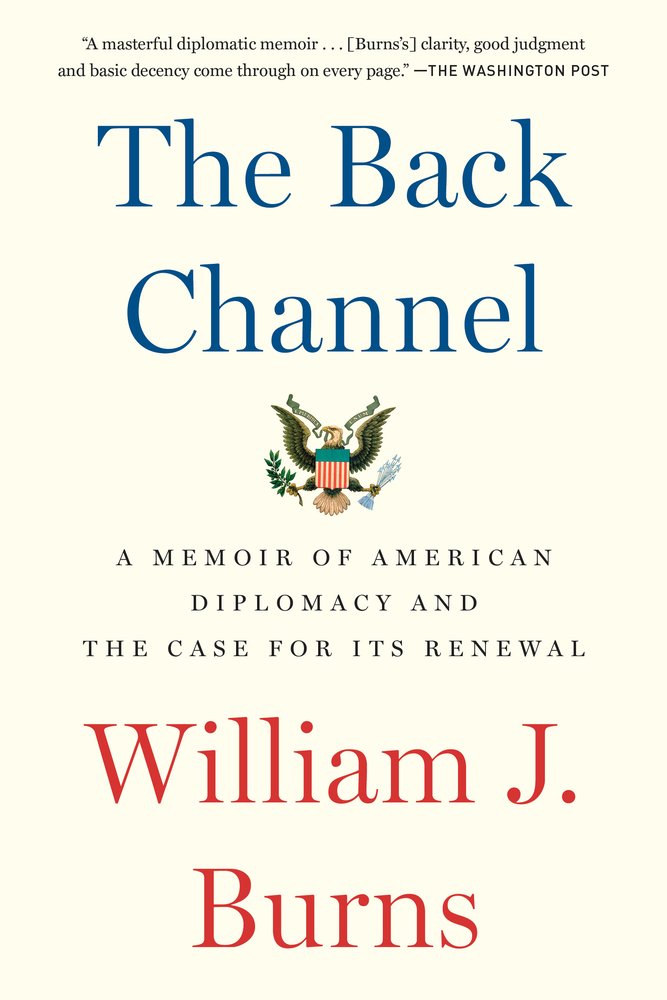### Communication Channels Between the U.S and Iran Post-Attack: Navigating Through Back-Channels
In the intricate web of international relations, the dynamics between the United States and Iran have always been a focal point of global attention. Particularly intriguing is how these two nations manage to avert direct military confrontation despite engaging in retaliatory strikes, often via militia proxies. This phenomenon raises a pertinent question: Are there back-channel discussions facilitating this delicate dance of deterrence?
Understanding back-channel communications—unofficial routes of dialogue kept away from public scrutiny—is crucial in dissecting the U.S.-Iran relationship post-conflict scenarios. These channels serve as vital conduits for negotiation and de-escalation, allowing both parties to explore resolutions without committing to formal talks that might demand immediate public accountability or be perceived as political weakness.
### The Role of Back-Channels in Conflict De-Escalation
Historically, back-channels have played instrumental roles in resolving conflicts where official diplomacy struggled or stalled. They offer a platform for candid conversation, free from the pressures of media coverage and political posturing. In the context of U.S.-Iran interactions, such discussions likely focus on establishing red lines, conveying intentions clearly to avoid misinterpretations, and exploring mutual interests that could pave the way for more stable relations.
The existence and efficacy of these channels are often inferred through actions rather than announcements. A sudden de-escalation following escalatory rhetoric or indirect engagements through third-party nations can hint at successful back-channel negotiations. For instance, intermediaries like Switzerland or Oman have historically acted as messengers between Washington and Tehran.
### Challenges and Opportunities
While back-channels hold promise for conflict resolution, they are not without challenges. The secrecy surrounding these communications can lead to skepticism within government ranks and among allies unsure of their exclusion from sensitive discussions. Moreover, hardliners on both sides may view any form of negotiation as capitulation, putting pressure on leaders to adopt more rigid stances publicly.
However, amidst these challenges lie opportunities for constructive engagement. By navigating through unofficial dialogues:
1. **Building Trust:** Incremental steps towards cooperation in areas less contentious than nuclear development or military presence could foster trust.
2. **Clarifying Intentions:** Direct communication helps dispel myths perpetuated by hostile narratives on both sides.
3. **Mitigating Proxy Conflicts:** Addressing concerns related to militia groups indirectly involved offers a pathway toward broader regional stability.
### Forward-Looking Policy Recommendations
Given this nuanced landscape:
– **Enhance Diplomatic Infrastructure:** Strengthening diplomatic channels capable of supporting confidential communications ensures readiness when opportunities for dialogue emerge.
– **Leverage International Partnerships:** Allies with influence over either party can facilitate initial contacts or act as guarantors for agreements reached via back-channels.
– **Invest in Long-term Strategies:** Beyond immediate conflict resolution efforts should aim at building resilient frameworks for cooperation addressing root causes underlying tensions.
In conclusion, while overt diplomatic engagements between Washington and Tehran remain constrained by political complexities, there’s an undercurrent shaping their interactions beyond public view—back-channel discussions offer a glimmer hope towards de-escalation without capitulation from either side.. As we navigate through turbulent geopolitical waters,, understanding leveraging these unofficial dialogues will be key ensuring peace stability not just between two nations but potentially across entire region..

Leave a Reply